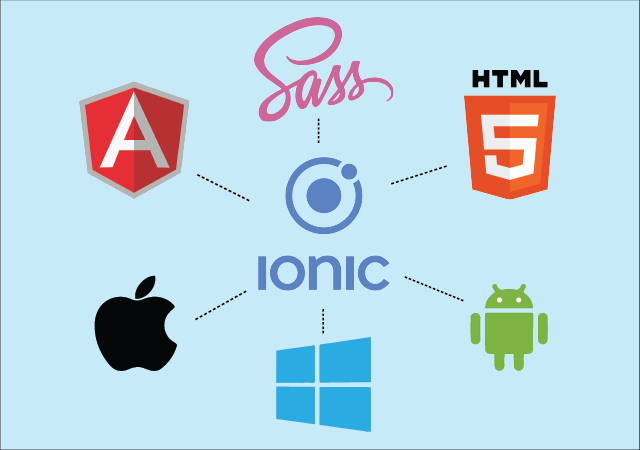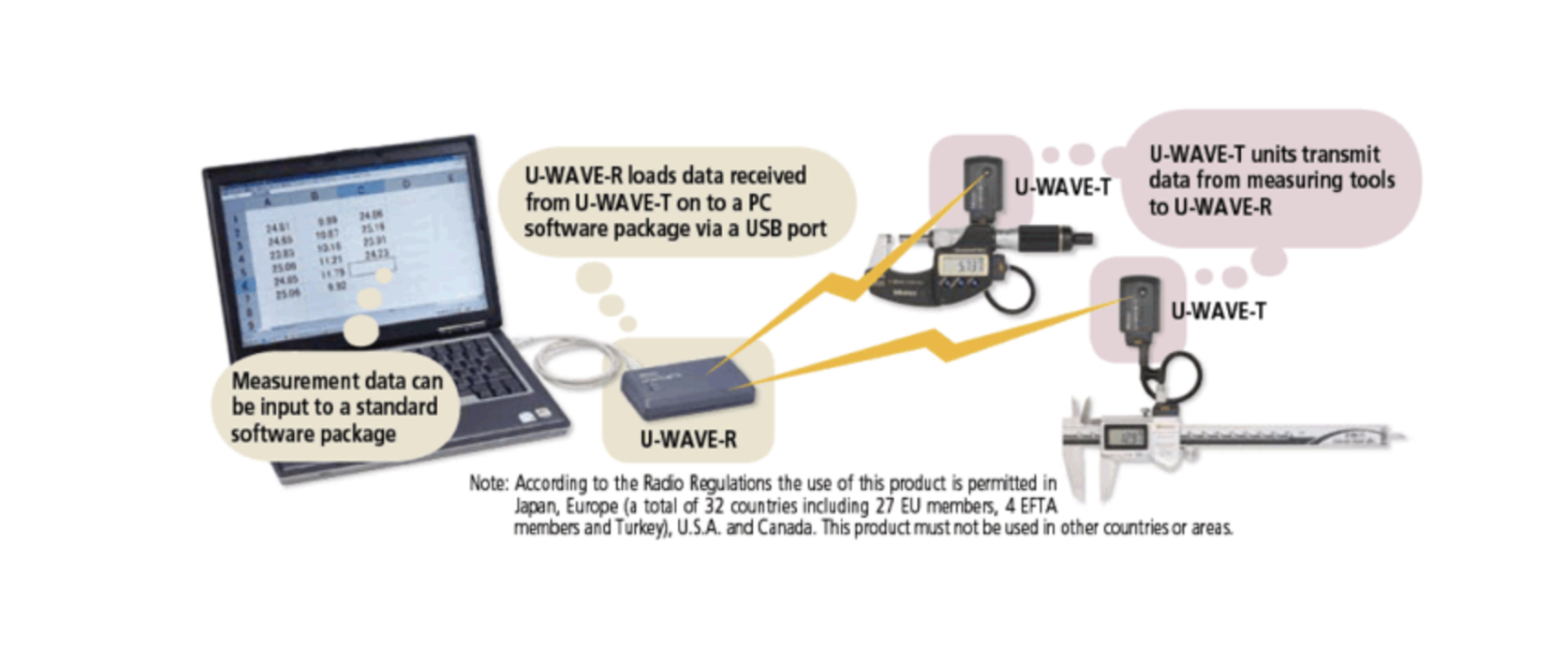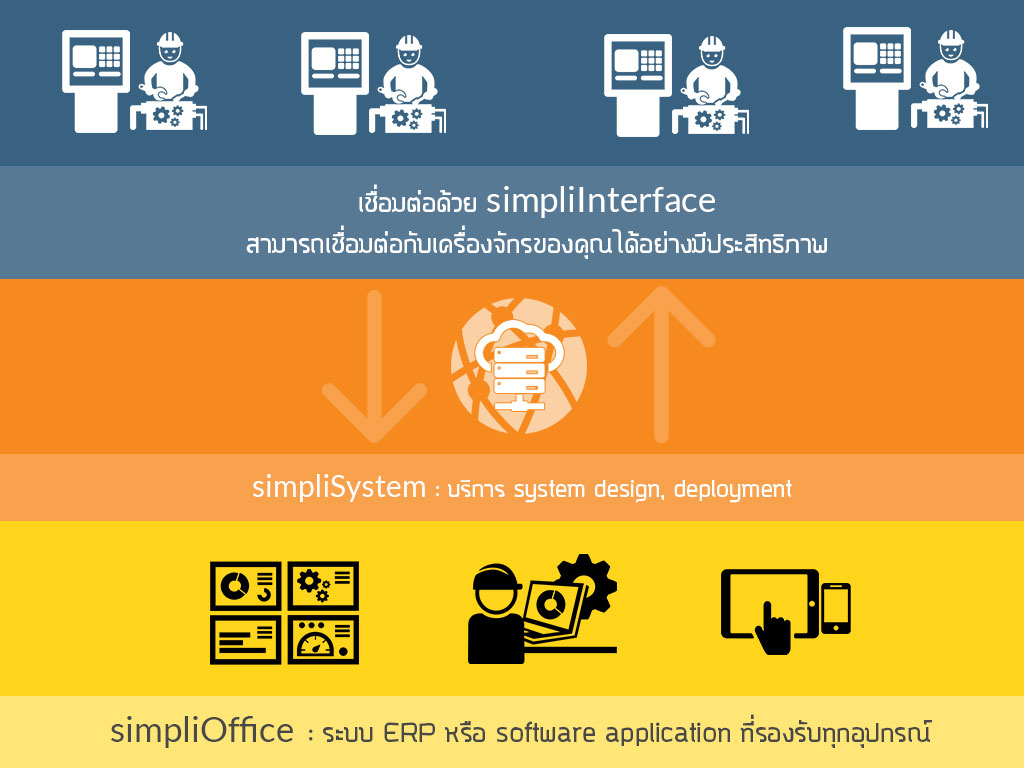Securing Django Applications with HashiCorp Vault (hvac): Concepts and Practical Examples
As the complexity of web applications increases, so does the need for robust security measures to protect sensitive data, credentials, and application secrets. HashiCorp Vault, commonly used with the hvac Python client, provides an effective solution for managing secrets, encrypting sensitive data, and dynamically generating credentials. When integrated with Django, Vault enhances security by preventing hardcoded secrets and offering robust encryption for customer data.
In this article, we’ll cover key concepts of HashiCorp Vault, its integration through the hvac Python client, and how to secure sensitive customer data in Django models.
What is HashiCorp Vault?
HashiCorp Vault is an open-source tool designed for securely managing secrets, such as API keys, passwords, database credentials, and encryption keys. It provides a centralized platform to store and access these sensitive pieces of information securely. Vault enables secrets management, encryption as a service, dynamic secrets (like database credentials), and much more.
Key Concepts of Vault:
1.Secrets Engine: Vault provides different types of secrets engines to manage credentials, keys, and sensitive data. Some common engines include:
- Key-Value (KV) for storing secrets like API keys.
- Transit for encryption and decryption operations.
- Database for dynamically generating database credentials.
2.Authentication: Vault provides multiple methods to authenticate clients (users, applications) such as tokens, AppRole, AWS IAM, LDAP, etc.
3.Access Control: Vault uses Role-Based Access Control (RBAC) to define who or what can access specific secrets based on policies.
4.Dynamic Secrets: Unlike static secrets, Vault can generate short-lived dynamic secrets (like database credentials), which are revoked after use or after a specified time.
Why Integrate HashiCorp Vault with Django?
In Django applications, sensitive information such as database credentials, API keys, and encryption keys are often stored in environment variables or configuration files. This practice can expose your secrets to unnecessary risks. Vault provides a more secure way to handle these critical secrets by:
- Securely storing API keys and credentials using the KV engine.
- Encrypting sensitive customer data with the Transit engine.
- Managing dynamic credentials for databases, removing the need for static database usernames and passwords.
Practical Example: Integrating hvac with a Django Data Model
Let’s dive into how to apply Vault to secure customer data and manage secrets dynamically in a Django web application.
Scenario: Encrypt Customer Data in Django
We’ll assume you are building a Django web app that stores sensitive customer information like addresses. Instead of storing this data as plain text, you can encrypt it using HashiCorp Vault’s Transit Secrets Engine.
Step-by-Step Example:
1.Enable the Transit Secrets Engine in Vault:
To start, enable Vault’s transit engine and create an encryption key:
vault secrets enable transit
vault write -f transit/keys/django-encryption-key2.Install the hvac Python Client:
Install the hvac library to communicate with Vault from your Django app:
pip install hvac3.Django Data Model with Encryption:
In your Django app, create a customer model where customer addresses are encrypted before being stored in the database.
import base64
import hvac
from django.db import models
# Initialize Vault client
client = hvac.Client(url='http://127.0.0.1:8200', token='your-vault-token')
class Customer(models.Model):
name = models.CharField(max_length=100)
email = models.EmailField()
encrypted_address = models.TextField()
def encrypt_address(self, address):
# Encrypt the address using Vault Transit engine
address_b64 = base64.b64encode(address.encode()).decode()
encrypted_data = client.secrets.transit.encrypt_data(
name='django-encryption-key',
plaintext=address_b64
)
return encrypted_data['data']['ciphertext']
def decrypt_address(self):
# Decrypt the stored encrypted address
decrypted_data = client.secrets.transit.decrypt_data(
name='django-encryption-key',
ciphertext=self.encrypted_address
)
decrypted_b64 = decrypted_data['data']['plaintext']
return base64.b64decode(decrypted_b64).decode()
def save(self, *args, **kwargs):
# Encrypt address before saving it in the database
self.encrypted_address = self.encrypt_address(self.encrypted_address)
super().save(*args, **kwargs)- encrypt_address: This method encrypts the customer’s address using Vault’s transit engine.
- decrypt_address: This method decrypts the encrypted address when you need to display or use it.
4.Django View to Access Customer Data:
In your Django views, you can decrypt the address and display it securely.
from django.shortcuts import render, get_object_or_404
from .models import Customer
def customer_detail_view(request, customer_id):
customer = get_object_or_404(Customer, id=customer_id)
decrypted_address = customer.decrypt_address()
return render(request, 'customer_detail.html', {'customer': customer, 'address': decrypted_address})Here, the decrypt_address method is called to display the original address in the view.
Benefits:
- Data Encryption: Customer addresses are securely encrypted before being stored in the database.
- Vault-managed Encryption: Vault handles encryption and decryption, ensuring that keys are stored securely and managed centrally.
Additional Use Cases for hvac in Django
1. Storing API Keys Securely:
Instead of hardcoding API keys in settings.py, store them in Vault and retrieve them dynamically at runtime.
Example:
import hvac
# Vault client initialization
client = hvac.Client(url='http://127.0.0.1:8200', token='your-vault-token')
# Fetching API key from Vault
def get_stripe_key():
secret = client.secrets.kv.v2.read_secret_version(path='secret/my-app/stripe')
return secret['data']['data']['key']Use get_stripe_key() to retrieve the API key when needed.
2. Managing Dynamic Database Credentials:
Use Vault to dynamically generate and rotate short-lived credentials for your database (e.g., PostgreSQL), improving security and reducing the risk of credential leaks.
Best Practices When Using Vault with Django
- Use Role-Based Access Control (RBAC): Define roles and policies to ensure only authorized services and users can access secrets.
- Automate Secret Rotation: For secrets like database credentials, use Vault’s dynamic secret generation to rotate credentials regularly.
- Audit and Monitor Access: Vault provides detailed audit logs that help you track when and how secrets are accessed.
- Environment Variables for Vault Tokens: Avoid hardcoding Vault tokens in your code. Use environment variables or secure token management solutions.
Conclusion
Integrating HashiCorp Vault with Django through the hvac client provides robust security for managing sensitive customer data, application secrets, and dynamic credentials. By encrypting sensitive fields, securely storing API keys, and leveraging dynamic secrets, Vault can significantly improve the security posture of your web application. Adopting these practices helps protect against common security vulnerabilities while ensuring sensitive data is handled responsibly.
If you’re looking to implement advanced security mechanisms in your Django web app, Vault should be a cornerstone of your architecture.
Get in Touch with us
Related Posts
- AI会在2026年取代软件开发公司吗?企业管理层必须知道的真相
- Will AI Replace Software Development Agencies in 2026? The Brutal Truth for Enterprise Leaders
- 使用开源 + AI 构建企业级系统(2026 实战指南)
- How to Build an Enterprise System Using Open-Source + AI (2026 Practical Guide)
- AI赋能的软件开发 —— 为业务而生,而不仅仅是写代码
- AI-Powered Software Development — Built for Business, Not Just Code
- Agentic Commerce:自主化采购系统的未来(2026 年完整指南)
- Agentic Commerce: The Future of Autonomous Buying Systems (Complete 2026 Guide)
- 如何在现代 SOC 中构建 Automated Decision Logic(基于 Shuffle + SOC Integrator)
- How to Build Automated Decision Logic in a Modern SOC (Using Shuffle + SOC Integrator)
- 为什么我们选择设计 SOC Integrator,而不是直接进行 Tool-to-Tool 集成
- Why We Designed a SOC Integrator Instead of Direct Tool-to-Tool Connections
- 基于 OCPP 1.6 的 EV 充电平台构建 面向仪表盘、API 与真实充电桩的实战演示指南
- Building an OCPP 1.6 Charging Platform A Practical Demo Guide for API, Dashboard, and Real EV Stations
- 软件开发技能的演进(2026)
- Skill Evolution in Software Development (2026)
- Retro Tech Revival:从经典思想到可落地的产品创意
- Retro Tech Revival: From Nostalgia to Real Product Ideas
- SmartFarm Lite — 简单易用的离线农场记录应用
- OffGridOps — 面向真实现场的离线作业管理应用














